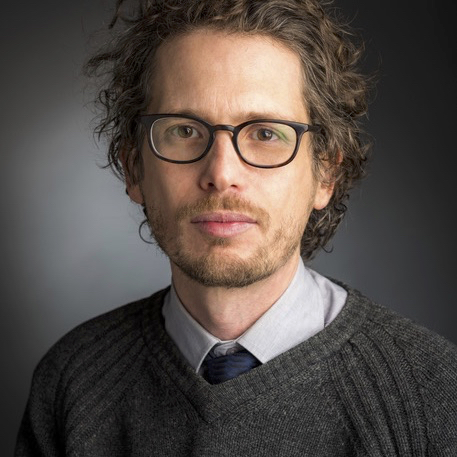
Dan Landau, MD, PhD
Cancer progression, relapse and resistance are the result of an evolutionary optimization process. Vast intra-tumoral diversity provides the critical substrate for cancer to evolve and adapt to the selective pressures provided by effective therapy. The Landau group studies how genetically and epigenetically distinct subpopulations compete and mold the genetic makeup of the malignancy. These studies demonstrate the need to integrate genetic, epigenetic and transcriptional information in the study of somatic evolution, and the ability to leverage gained insights towards therapeutic optimization.
Dan Landau, MD, PhD, is physician-scientist who integrates data science innovation with genomic technology development to unravel the basic principles of tumor evolution as a key to cancer cure. He gained his MD from Tel Aviv University and summa cum laude PhD in Cancer Biology from Paris Diderot University. He completed a Medicine residency and fellowship in Hematology and Medical Oncology at Yale University, as well as postdoctoral fellowship at Dana Farber Cancer Institute and the Broad Institute of Harvard and MIT. He now serves as an Associate Professor of Medicine at the Meyer Cancer Center (Weill Cornell Medicine), and member of the WCM Institute of Computational Biomedicine, as well as a Core Member of the NYGC. His studies defined cancer genetic and epigenetic diversity and its contribution to cancer evolution. His work received numerous awards including the Burroughs Wellcome Fund Career Award for Medical Scientists, Big Data to Knowledge (BD2K) NIH initiative award, SU2C Innovative Research Grant, and the NIH Director’s New Innovator Award.